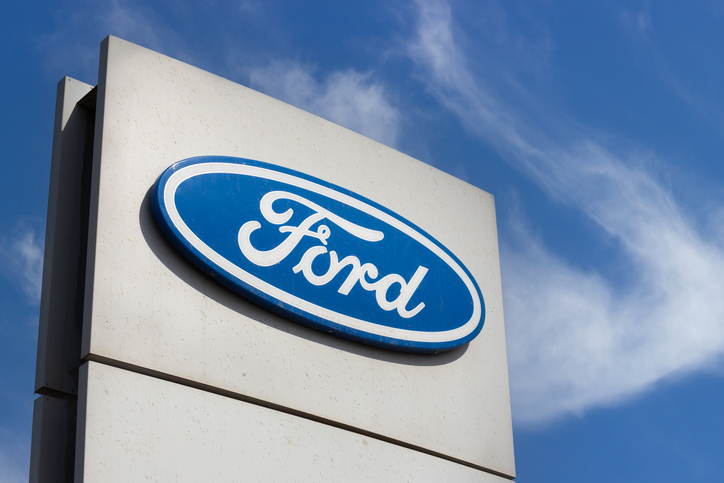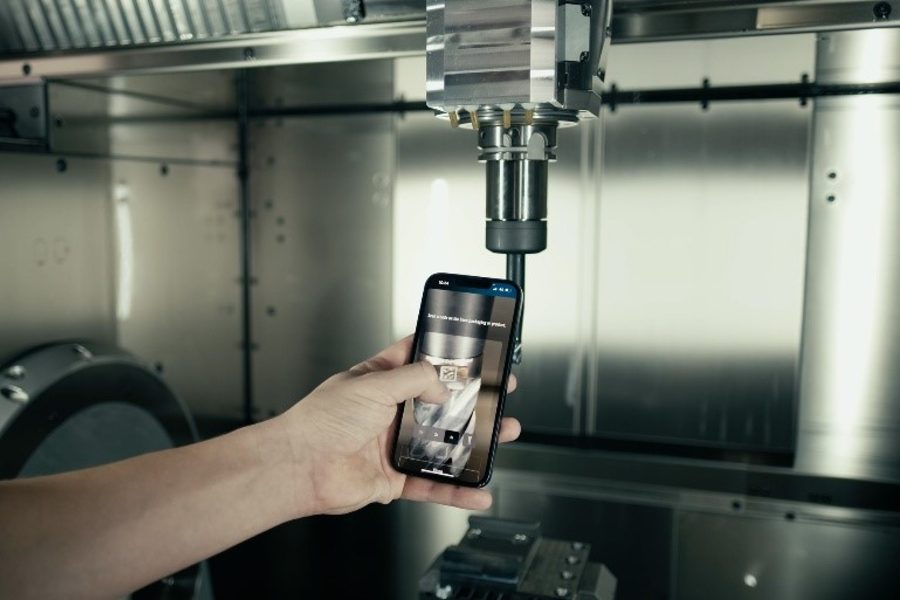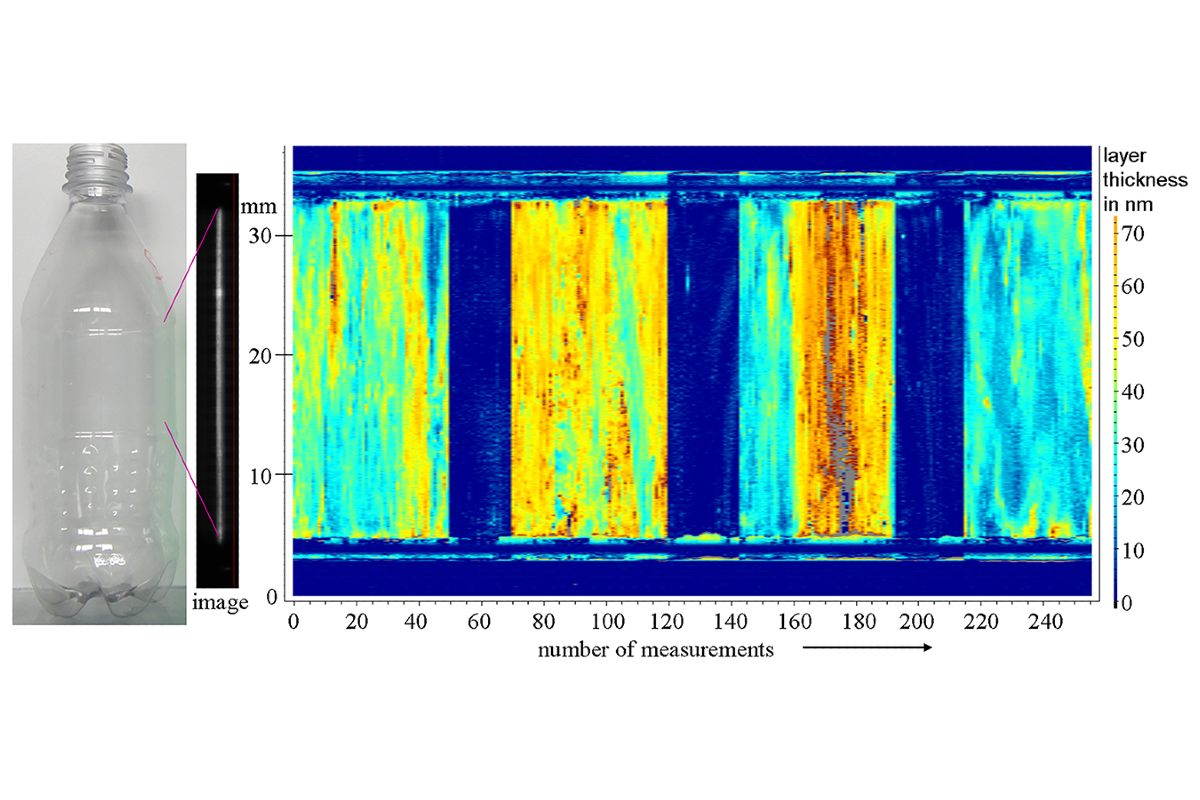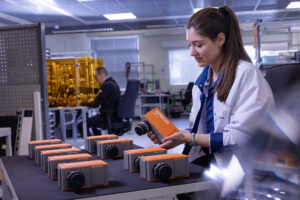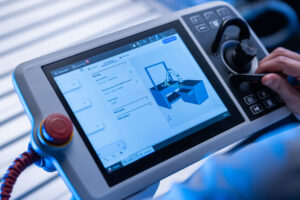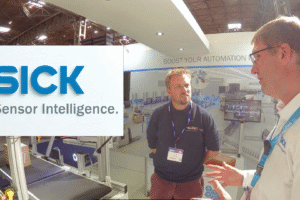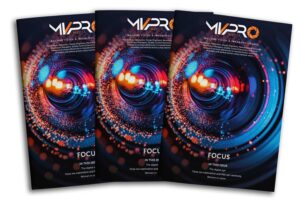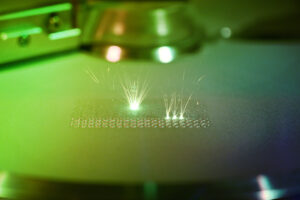Carbon dioxide is a gas essential in the production of many everyday products, including food and beverages as well as being a key raw material in the fertilizer industry.
However, these days, carbon dioxide hits the news headlines for all the wrong reasons. According to a report issued by the Royal College of Physicians several years ago, in 2013 the concentration of carbon dioxide in the atmosphere had increased by about 42% over the levels before the industrial revolution, and the concentration continues to rise. Carbon dioxide is one of the main gases causing the Earth to overheat.
Much is spoken about the CO2 emitted by vehicles in the automotive sector; however the main culprit is energy and heat generation. In 2020 electricity and heat production accounted for over 15 billion tonnes of CO2 emissions, with transportation in second place at just over 7 billion tonnes.
Ask most industrial companies why they have sought to reduce energy usage in recent years and fiscal reasoning would be top of the agenda for many firms. We have seen huge increases in the cost of electricity in recent years, especially in Europe as geopolitical and economic pressures bear down heavily on the price of oil and gas. However, another reason, high on the agenda of many fortune 500 companies is the desire to reduce their carbon footprint, ensuring we leave this planet in good order for our children and future generations.
When it comes to reducing energy use on a large industrial complex, low hanging fruit such as low energy light bulbs and movement sensors have already been initiated. The more difficult areas are associated with the production itself, elements that require elevated temperatures can be better insulated, as indeed can refrigerated areas, but mechanical machines themselves can prove difficult to improve in terms of efficiency without affecting production.
One element that is found on most manufacturing sites is the need for compressed air. Pneumatics are a common theme and used in all sorts of industrial applications. To deliver the compressed air, a compressor or number of compressors are employed, and the resulting air is delivered around a site by a system of air lines. These pipes are often above ground to improve logistics and ergonomics of production, however over time they can degrade and give rise to leaks. Elbow joints, reducers, condensers, and other fixtures all have the potential to leak air under pressure. With hundreds of metres of pipework, these leaks can often be difficult to detect.
Teledyne FLIR are a global producer of high quality analytical handheld devices, including both thermal and acoustic imaging cameras.
Released earlier this year, the FLIR Si2-LD acoustic camera makes light work of identifying leaks in pipework, even those elevated air lines that are difficult to access. By simply pointing the camera at an airline it can detect leaks of 0.05 litres per minute at a distance of 10 metres. At 2.5 metres, leaks as little as 0.0032 litres per minute can be detected. These may not sound like very big volumes, but over the course of a year the loss can be considerable. On the FLIR Si2-LD, air leaks are displayed on the high definition five-inch colour screen, by simply pointing the handheld device at the air line.
Teledyne FLIR not only produce a wide range of high quality cameras but also provide the associated software to facilitate the collection and analysis of data. The FLIR Si2-LD camera is loaded with such software. Using a system termed Industrial Gas Quantification, the camera can calculate the monetary loss incurred for each leak identified. As well as air, the software can also calculate losses for a variety of other gaseous systems including ammonia, helium, hydrogen, argon and carbon dioxide.
If your company is one of the many thousands, that are concerned about their carbon footprint then reducing electricity usage through eliminating air leaks might prove to be an example of low hanging fruit. The Si2-LD from FLIR is a vital tool is facilitating this move to protect our environment.
To find out more about the SI2-LD acoustic camera and other instruments in the Teledyne FLIR range please contact your local agent or your FLIR distributor.



